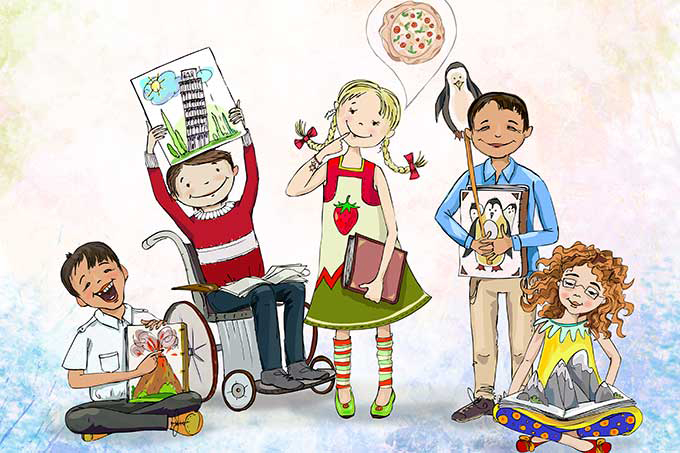In our final post of the week celebrating Universal Children’s Day, Dr Alison Body, reflects on children as citizens and the importance of their voices being heard.
“Change has always been inevitable: it is the only constant in history. It brings vast opportunities as well as risks. But citizens and our organisations must find ways to understand it, to grasp it and to shape it.”(1)
Civil society is facing some unprecedented challenges, changes and opportunities. Poverty is a persistent and growing problem, with over 12% of the UK population (that is 14.2million) living in persistent poverty(2). UNICEF(3) report that one fifth of children in the UK lack sufficient nutritious food, whilst the IFS predict that benefit changes and low incomes will increase child poverty from 15.1% in 2015, to 18.3% in 2020. Indeed, 67% of British children living in poverty, live in a household where someone is in work(4).
It is not just poverty which threatens children’s futures, nature is in decline, with over half of our wildlife lost globally in the past 50 years(5). Children spend less times outdoors, a trend which runs parallel with an epidemic in mental health, as doctors begin to prescribe ‘nature’ by prescription. In the single year of 2016, 121 libraries closed. 600 youth centres closed between 2012 and 2016, whilst over 200 playgrounds have been lost since 2014 and over 1200 children’s centres have been closed since 2010. School budgets are ever-more working in deficit and schools increasingly turn to charity for help, as early intervention and community support budgets have been reduced by 40% since 2010.
Simply put, civil society is facing unprecedented challenges which fundamentally alter the landscape of children’s futures, and it is only the action of civil society, us as social actors who can protect, change and/or shape the future. However, this action does not happen by accident, we must facilitate the spaces and places for citizens voices to be heard and though often nobly seek to protect children as future citizens, society often overlooks them as present citizens.
Whilst there is lots of research into young people as political and social actors, less attention has been paid to younger children. Nonetheless, emerging research suggests that young children have formed political and social opinions, understanding basic political and social concepts, before they reach adolescence, and these attitudes remain relatively stable in their orientation(6). In short, young children’s political and social views begin to be conceptualised in the early and primary years but we do little to encourage and grow this social and political engagement, and thus their voices remain unheard, and in turn we potentially teach them that they are marginalised from civil society.
If children develop consistent and persistent social and political orientations at a much younger age, then this must become a research and practice priority. Indeed, if we want to challenge the issues of contemporary society, and civil society is identified as central to achieving that, it is fact imperative that we include young children’s voices as active, capable and knowledgeable social actors, to support pro-social democracy, social action and political participation and allow them to help shape their future society.
- Civil Society Futures (2018) Civil Society in England: Its current state and future opportunity. Available at https://cdn.opendemocracy.net/civilsocietyfutures/wp-content/uploads/sites/6/2018/11/Civil-Society-Futures__Civil-Society-in-England__small-1.pdf
- Social Metrics Commission (2018) Measuring Poverty: A New Measure for Poverty for the UK. Available at: https://socialmetricscommission.org. uk/MEASURING-POVERTY-FULL_REPORT.pdf
- UNICEF (2017), Building the Futures: Children and the Sustainable Development Goals in Rich
Countries. Available at: https://www.unicef-irc.org/ publications/pdf/RC14_eng.pdf - Armstrong, S. (2018) The New Poverty. London: Verso
- McKie, R. (2017) ‘Biologists think 50% of species will be facing extinction by the end of the century’. The Observer, 25 February 2017. Available at: https:// www.theguardian.com/environment/2017/feb/25/half-all-species-extinct-end-century-vaticanconference
- van Deth, J. W., Abendschön, S., Vollmar, M. (2011). Children and politics: An empirical reassessment of early political socialization. Political Psychology, 32, 147-173
 Faculty of Arts, Humanities and Education
Faculty of Arts, Humanities and Education Anna Torroni
Anna Torroni 640
640


